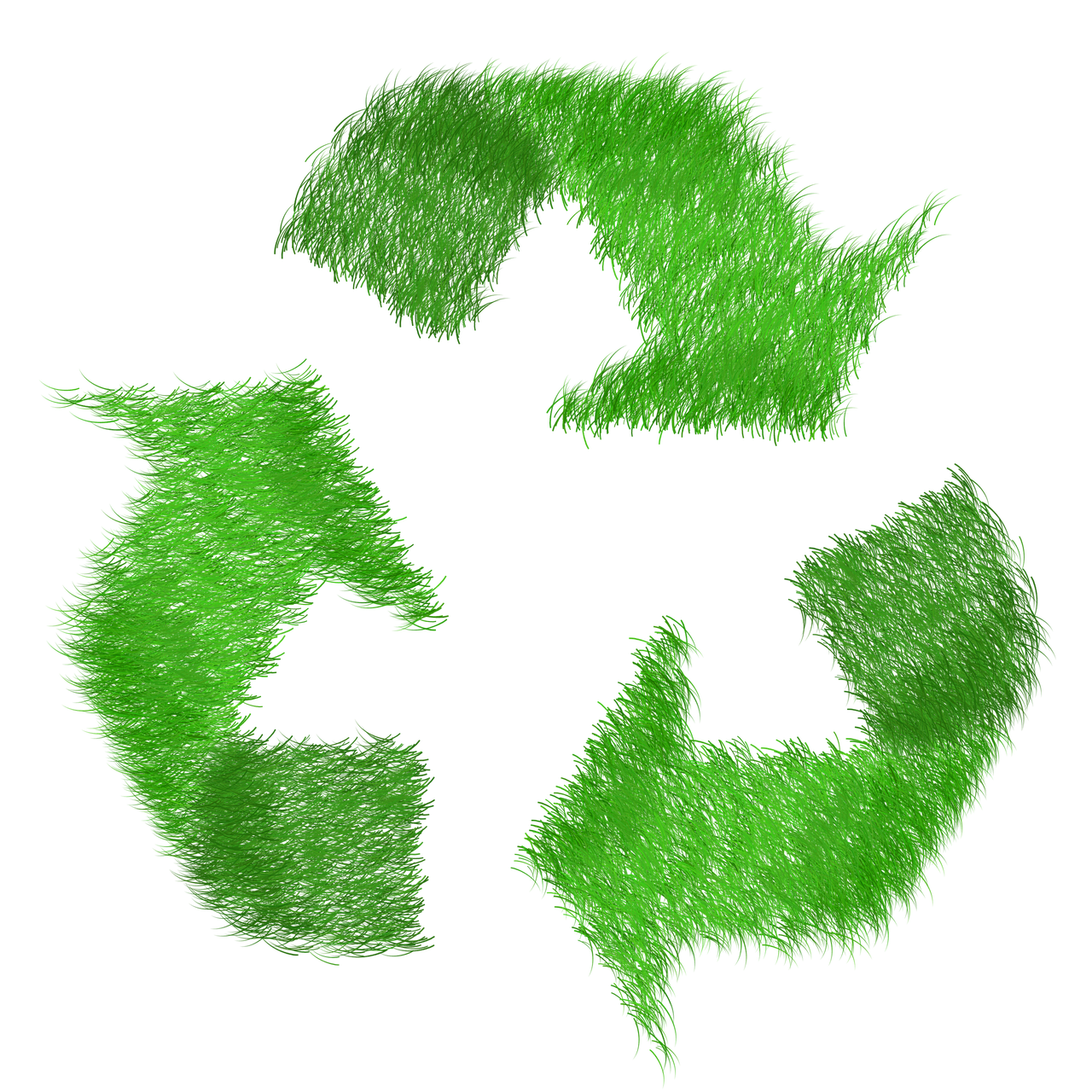Recycling
Some people claim that not enough waste from homes is recycled and that the only way to increase recycling is for governments to make it a legal requirement.
To what extent do you agree or disagree?
The insufficient recycling of domestic waste is a pressing concern for many individuals who contend that the only solution to increase recycling rates is through legislation. I concur with this perspective as governments hold the power to create a meaningful impact by instituting policies that supplement the actions of individuals.
Proponents of individual initiatives emphasize the rising level of environmental consciousness among the general public. In contrast to the past, people today are better informed about the importance of recycling due to the constant stream of information from mainstream media and social platforms on the dire consequences of non-recycling. Countries like Singapore and Japan serve as prime examples, where residents routinely sort household waste into biodegradable and non-biodegradable categories. This indicates that early environmental education has produced a favorable outcome.
Nevertheless, I would argue that individual efforts have limited influence compared to those of governing bodies. While members of the public can change their recycling behavior temporarily, only governmental regulation can effect permanent changes on a large scale. To ensure recycling uniformity, governments can establish a system of rewards and penalties. By imposing penalties on households that fail to recycle, national and local authorities can encourage adherence to recycling laws. Moreover, tax breaks can function as incentives to encourage people to adopt recycling practices.
In conclusion, while individual actions are critical, governance remains the primary driver of significant changes in the recycling of household waste. Ultimately, corporations, individuals, and government entities must collaborate to prioritize recycling as an essential element of the environmental agenda.
(254 words)
Essay Breakdown
Structure
Introduction
[1] The insufficient recycling of domestic waste is a pressing concern for many individuals who contend that the only solution to increase recycling rates is through legislation. [2] I concur with this perspective as governments hold the power to create a meaningful impact by instituting policies that supplement the actions of individuals.
1. Paraphrase the given topic
2. A clear opinion stating my viewpoint
Body
Paragraph 1
[1] Proponents of individual initiatives emphasize the rising level of environmental consciousness among the general public. [2] In contrast to the past, people today are better informed about the importance of recycling due to the constant stream of information from mainstream media and social platforms on the dire consequences of non-recycling. [3] Countries like Singapore and Japan serve as prime examples, where residents routinely sort household waste into biodegradable and non-biodegradable categories. [4] This indicates that early environmental education has produced a favorable outcome.
1. A topic sentence showing the main idea
2. Explain and develop the main point
3. Provide examples of Singapore and Japan
4. Continue to fully develop the main point
Paragraph 2
[1] Nevertheless, I would argue that individual efforts have limited influence compared to those of governing bodies. [2] While members of the public can change their recycling behavior temporarily, only governmental regulation can effect permanent changes on a large scale. [3] To ensure recycling uniformity, governments can establish a system of rewards and penalties. [4] By imposing penalties on households that fail to recycle, national and local authorities can encourage adherence to recycling laws. [5] Moreover, tax breaks can function as incentives to encourage people to adopt recycling practices.
1. A topic sentence showing the main idea
2. Explain and develop the main point, countering the argument in Paragraph 1
3. Keep developing the main point in terms of rewards and penalties
4. Provide a result for ‘penalties’
5. Provide a result for ‘rewards’
[1] In conclusion, while individual actions are critical, governance remains the primary driver of significant changes in the recycling of household waste. [2] Ultimately, corporations, individuals, and government entities must collaborate to prioritize recycling as an essential element of the environmental agenda.
1. Restate my opinion
2. Extend the viewpoint by stating a final thought
Vocabulary
The insufficient recycling of domestic waste is a pressing concern for many individuals who contend that the only solution to increase recycling rates is through legislation. I concur with this perspective as governments hold the power to create a meaningful impact by instituting policies that supplement the actions of individuals.
Proponents of individual initiatives emphasize the rising level of environmental consciousness among the general public. In contrast to the past, people today are better informed about the importance of recycling due to the constant stream of information from mainstream media and social platforms on the dire consequences of non-recycling. Countries like Singapore and Japan serve as prime examples, where residents routinely sort household waste into biodegradable and non-biodegradable categories. This indicates that early environmental education has produced a favorable outcome.
Nevertheless, I would argue that individual efforts have limited influence compared to those of governing bodies. While members of the public can change their recycling behavior temporarily, only governmental regulation can effect permanent changes on a large scale. To ensure recycling uniformity, governments can establish a system of rewards and penalties. By imposing penalties on households that fail to recycle, national and local authorities can encourage adherence to recycling laws. Moreover, tax breaks can function as incentives to encourage people to adopt recycling practices.
In conclusion, while individual actions are critical, governance remains the primary driver of significant changes in the recycling of household waste. Ultimately, corporations, individuals, and government entities must collaborate to prioritize recycling as an essential element of the environmental agenda.
Vocabulary Highlights:
- insufficient recycling: not enough recycling is being done
- domestic waste: waste generated by households
- pressing concern: a matter of great importance or urgency
- increase recycling rates: improve the amount of recycling being done
- legislation: laws and regulations made by the government
- proponents: supporters of a particular argument or idea
- rising level of environmental consciousness: growing awareness of environmental issues
- mainstream media: widely available forms of media, such as newspapers, TV, and radio
- social platforms: online networks such as Facebook, Twitter, and Instagram
- biodegradable and non-biodegradable categories: separating waste into materials that can and cannot be decomposed naturally
- individual efforts: actions taken by individuals
- limited influence: not having a significant effect
- governing bodies: organizations that make and enforce laws
- system of rewards and penalties: a system that incentivizes good behavior and punishes bad behavior
- tax breaks: reductions in taxes given to encourage a particular behavior or action
- environmental agenda: a set of priorities related to environmental issues
Grammar Gems:
PRESENT PARTICIPLE PHRASE
“By imposing penalties on households that fail to recycle, national and local authorities can encourage adherence to recycling laws.”
This sentence uses the present participle phrase “imposing penalties” to describe the action of the authorities, which adds depth and detail to the sentence. The phrase “that fail to recycle” also uses a complex subordinate clause to describe the households being penalized.
Reading
Further reading about this topic can be found here:
Listening
Further listening about this topic can be found here:


